This writer killed her toxic wine habit with kindness. Here’s how…
When using alcohol as an emotional crutch began to take its toll, Marisa Bate sought help from behavioural change specialist Shahroo Izadi - and turned her life around
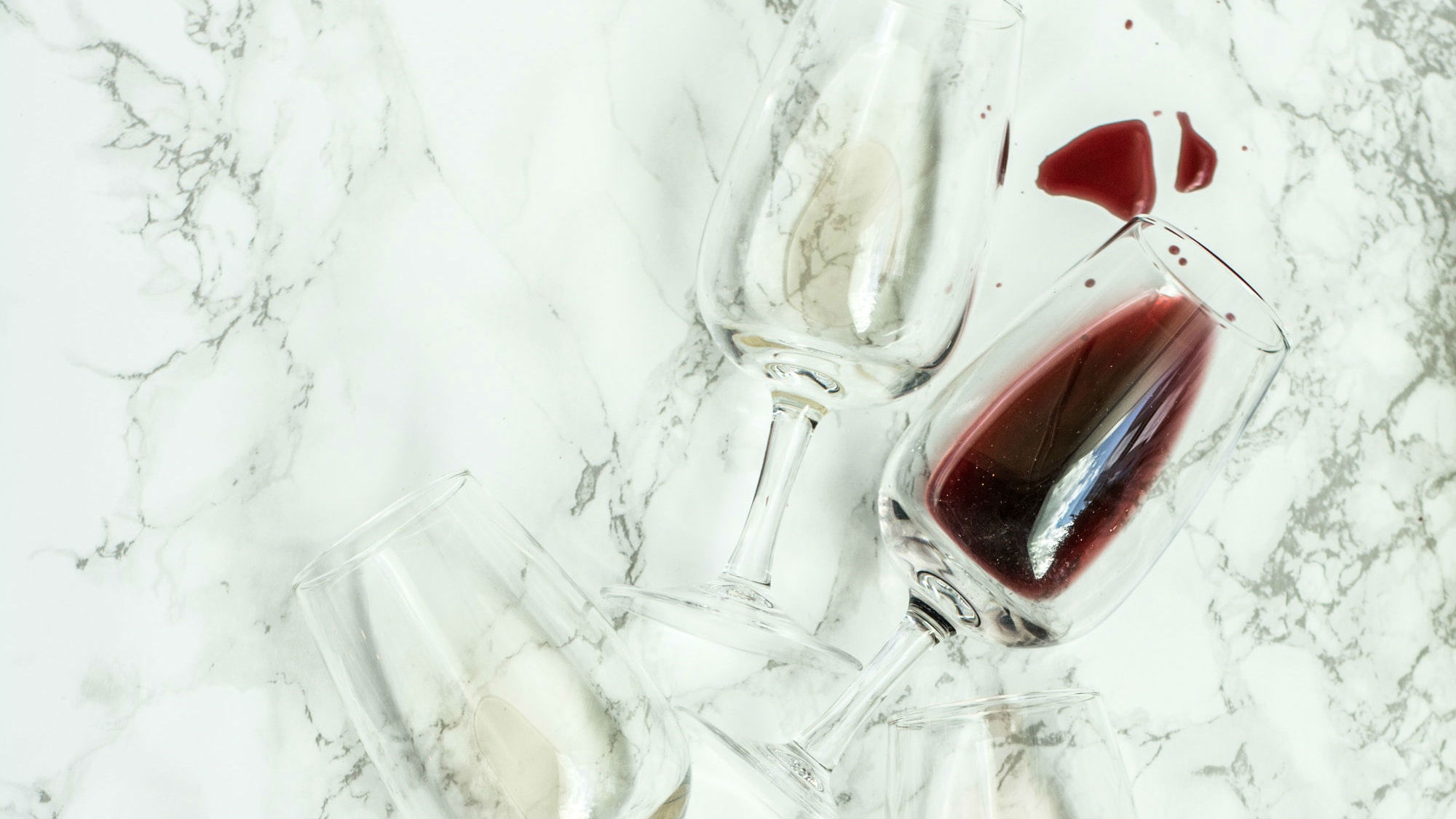
When using alcohol as an emotional crutch began to take its toll, Marisa Bate sought help from behavioural change specialist Shahroo Izadi - and turned her life around
Words by Marisa Bate
A few years ago, in the midst of a very busy, high-pressured job, I found a release valve, a coping strategy, an instantaneous, super-effective stress relief that was a balm to the long days, difficult people and always-on culture. And what was this miraculous instant fix? Wine.
I never classed myself as an alcoholic, yet I arrived at the point where I knew my drinking was problematic. If I’d had a great day, I’d want a drink. If I’d had a terrible day, I’d want a drink. If it had been a particularly memorable or exhilarating day, I’d want a drink. If it had been a mundane grey Tuesday, then, well, why not have a drink? I wasn’t even drinking a vast amount - it was more regularity, the way it slotted into my life at any given twist or turn, the way I felt better just by pushing open the heavy doors of the pub next to the office.
Gen Y’s preference for green juice over Pinot may represent a craving for control in an era of chaos, but for the rest of us, drinking wine in copious quantities is a daily reality. In fact, a recent study in America found the biggest binge drinkers were childless women in their thirties and forties. My theory? The combination of earning money, having a stressful job and free time is pretty wine-friendly.
For me, nightly visits to the pub were fun and helpful; they took the edge off. As my colleagues and I drank away the day’s dramas, I knew that at the end of the 9-5, they’d be a refuge. And, to begin with, I could deal with the hangovers. They’d disintegrate into the business of the job. Lo and behold, by 5pm I was more than ready for a glass of wine. And round we went again.
But soon I became tired. My body became tired. The hangovers led to anxiety, insecurity, and the occasional existential crisis in which I questioned my entire life - my job, friends and city, until I’d had a good night's sleep and put it all into perspective again.
Marie Claire Newsletter
Celebrity news, beauty, fashion advice, and fascinating features, delivered straight to your inbox!
I began to realise that the agony of the hangovers and how they made me feel - like cycling over rocks that at any minute I would go flying into, face-first - outweighed the instant stress fix. I didn’t come to this realisation casually, chewing on the end of my pen, like Carrie Bradshaw, though. I came across Shahroo Izadi.
Izadi is a behavioural change specialist who works in addiction and her first book, The Kindness Method (for which I wrote the foreword), explores the same method she used with me. At the time, I was in a punishing job with a punishing regime, and I was punishing my body and ability to concentrate with cheap white wine every night. What Izadi made me see - which sounds perfectly obvious to those lucky enough to be already enlightened - was that I had to start being as kind to myself as I would be to a friend. She showed me that if I was kind to myself, I’d look after myself, too.
Thanks to Izadi, I came to understand, for example, that while nothing beats being in the pub four minutes after exiting the office and knowing that initial gulp of wine will help your shoulders drop and your head stop spinning, it isn’t necessarily the best thing for me. Going home, running a bath, watching Blind Dates was far better, especially if I had an 8am start the next morning. Izadi helped me see myself differently. I was living a lot by the mantra of ‘fuck it’ - do now, think later. That sometimes feels spontaneous and freeing and fun, but it was also an indication that perhaps I’d stopped caring about myself. I was saying ‘fuck it’ to me and my wellbeing; my worth; and my investment in myself - not just an early start.
It’s been three years since I met Izadi and we started working together. Do I still love wine? Absolutely. Do I still use it as a crutch to see myself through a difficult job? Absolutely not. Of course, I have my moments. There’s been plenty of occasions when I crave a glass of wine - the same old instinct kicking in that it will somehow make things better, that it is somehow the answer to whatever dilemma I’m facing. And I struggle slightly when booze is free-flowing. Weddings and Christmas are tricky. But as she was the first to tell me, learning good habits is a long-term project.
However, something has definitely shifted. Izadi never told me to quit wine, she just asked me to understand why I was drinking it and, in turn, understand myself a bit better. Now, I still enjoy wine but I know to avoid hangovers. I know when to sit a round out, when to go home and run a bath. I know that the short-term fix - a text at 5.30pm to a friend: ‘fancy a quick drink?’ - is tempting, but the long-term fix - the good sleep, the early morning start clear-headed - is better. And I know that I’m worth it, and my work is worth it. Looking after yourself is, in some ways, a statement of faith and self-belief. It is the acknowledgement that you and what you intend to do is worth making the most of. Once I began to believe that, I learned to enjoy wine again, rather than rely on it.
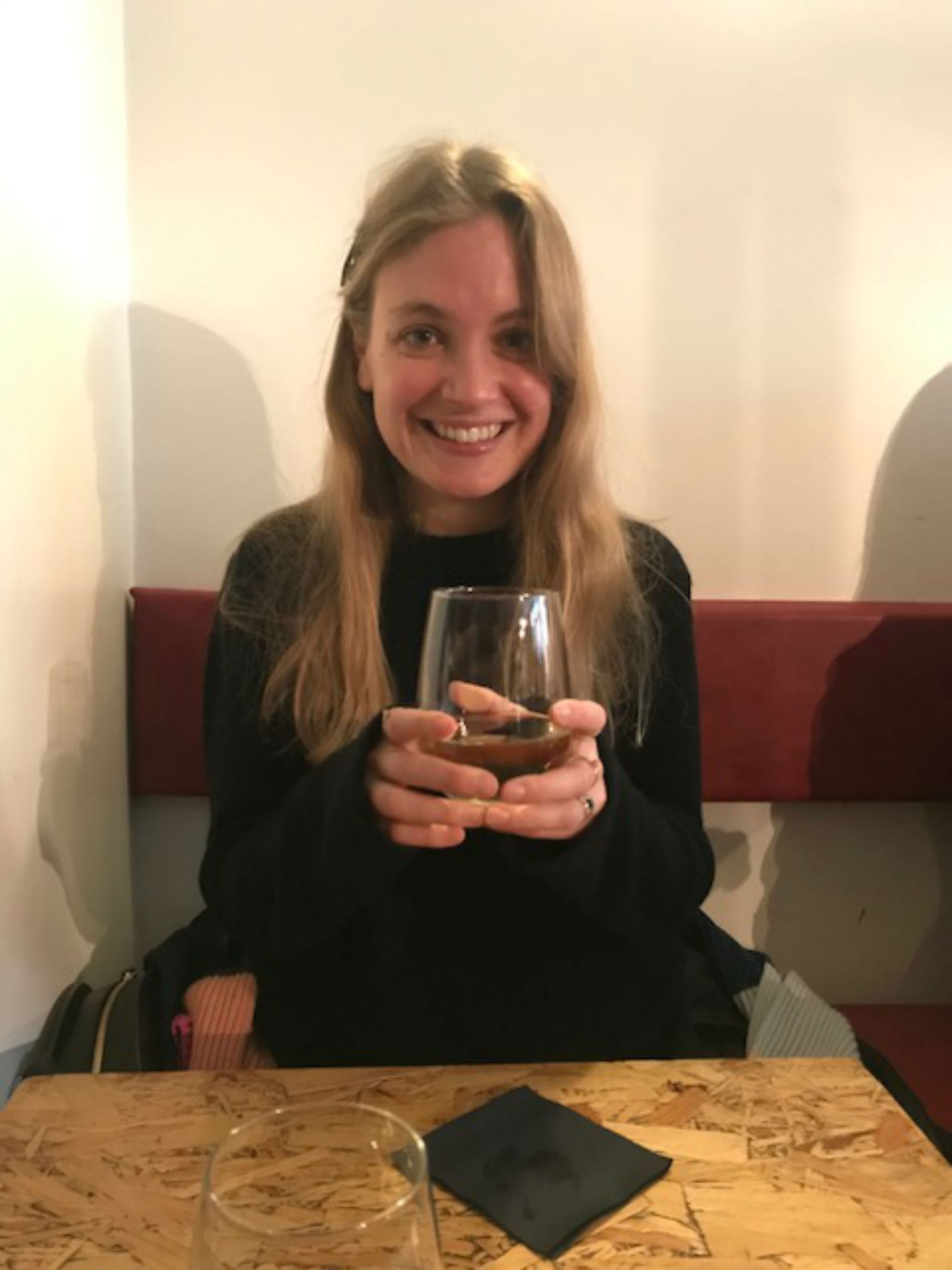
Recognise your triggers
According to Izardi, ‘changing habits and deviating from the status quo is difficult. Whilst planning can be important, we can’t always ensure that even the best-laid plans can be implemented in the real world. We’re far better off focusing on our capacity to do difficult things and to spontaneously respond to triggers in a way we’re proud of later.
‘One of the best things you can do when embarking on the challenge of changing a habit is to consciously listen to the messages you’re giving yourself internally when faced with inevitable moments of challenge. Consider the encouraging and motivational pep talk you’d give a loved one to ensure they stayed on track, and practice giving yourself the same one,’ she says.
Here are the triggers to watch out for - and how to deal with them
- Christmas: From the 1 December, it seems there’s an occasion to have a glass or three of fizz. By Christmas Day we’ve legitimised drinking alcohol for breakfast. My tip: make the most of your mornings. Go for walks, early swims, and big brunches. Because making the most of the whole day will encourage you to drink less the night before.
- Weddings: Keep count of your glasses. Often, the booze seems endless at a wedding and we don’t really know how much we’re gulping. Keep an eye on your intake, and actively take control.
- New Year’s Eve: I actually love New Year’s Day. There’s something about the promise and hope that feels fresher over New Year’s Day lunch than it does sloshed at 11.55pm.
- Dinner parties: I realised in the midst of my drinking crisis that dinner parties were lethal for me. I couldn’t count how many glasses I’d drunk - conscientious hosts were forever filling my glass and, before I knew it, I’d have necked three bottles. My advice? Pace yourself. Initial excitement would have me quick-fire drinking, but there’s no need.
The Kindness Method: Changing Habits for Good by Shahroo Izadi is out now. Her second book, The Last Diet: Discover the Secret to Losing Weight - for Good, is published by Bluebird on 26 December, 2019
Olivia – who rebranded as Liv a few years ago – is a freelance digital writer at Marie Claire UK. She recently swapped guaranteed sunshine and a tax-free salary in Dubai for London’s constant cloud and overpriced public transport. During her time in the Middle East, Olivia worked for international titles including Cosmopolitan, HELLO! and Grazia. She transitioned from celebrity weekly magazine new! in London, where she worked as the publication’s Fitness & Food editor. Unsurprisingly, she likes fitness and food, and also enjoys hoarding beauty products and recycling.
-
 Selena Gomez has re-entered the conversation about her 'Emilia Pérez' criticism
Selena Gomez has re-entered the conversation about her 'Emilia Pérez' criticismBy Jenny Proudfoot
-
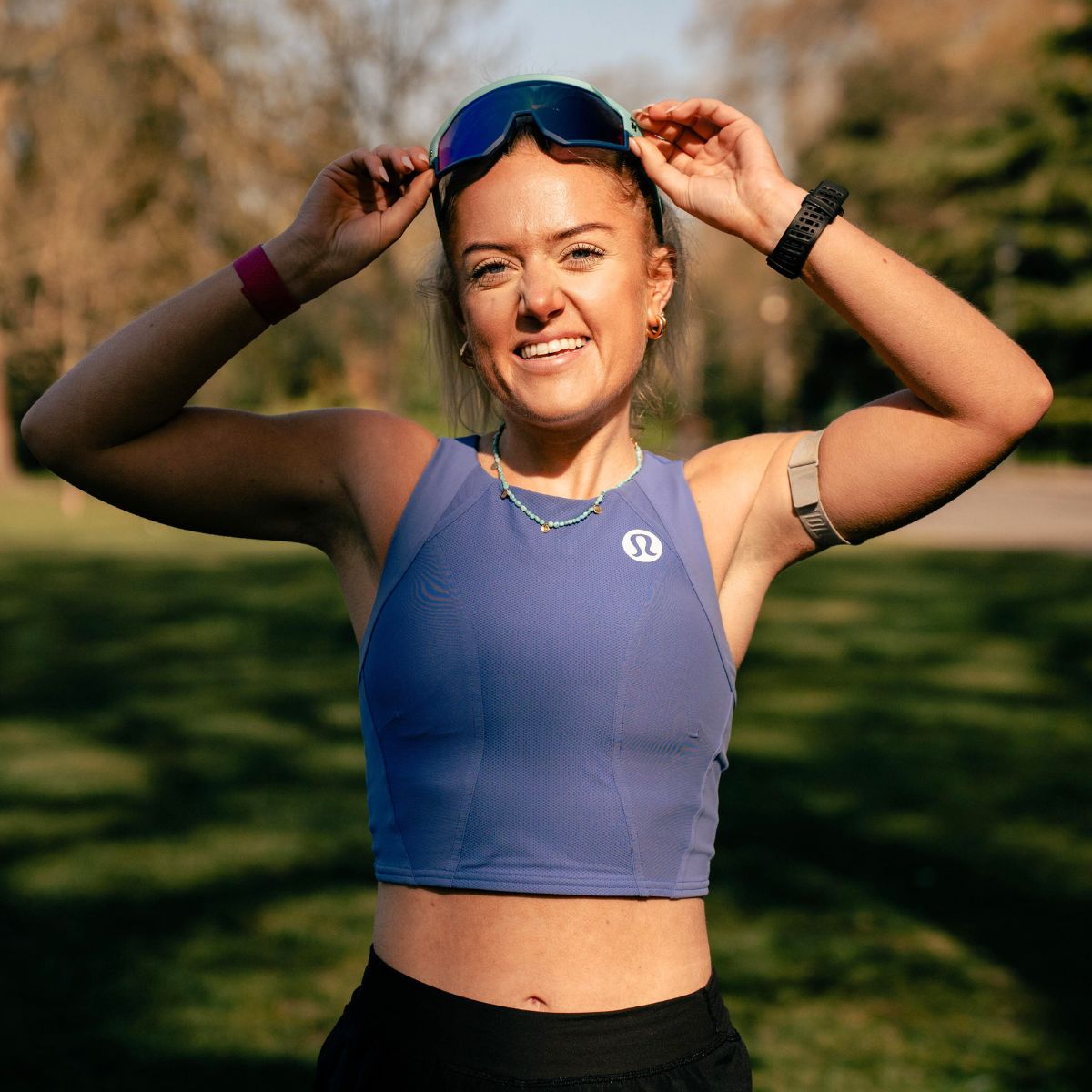 I'd never run a marathon before - six years on, I'm one of the UK's fastest female marathoners. Here's how I train every week
I'd never run a marathon before - six years on, I'm one of the UK's fastest female marathoners. Here's how I train every weekSerious inspo, served.
By Ally Head
-
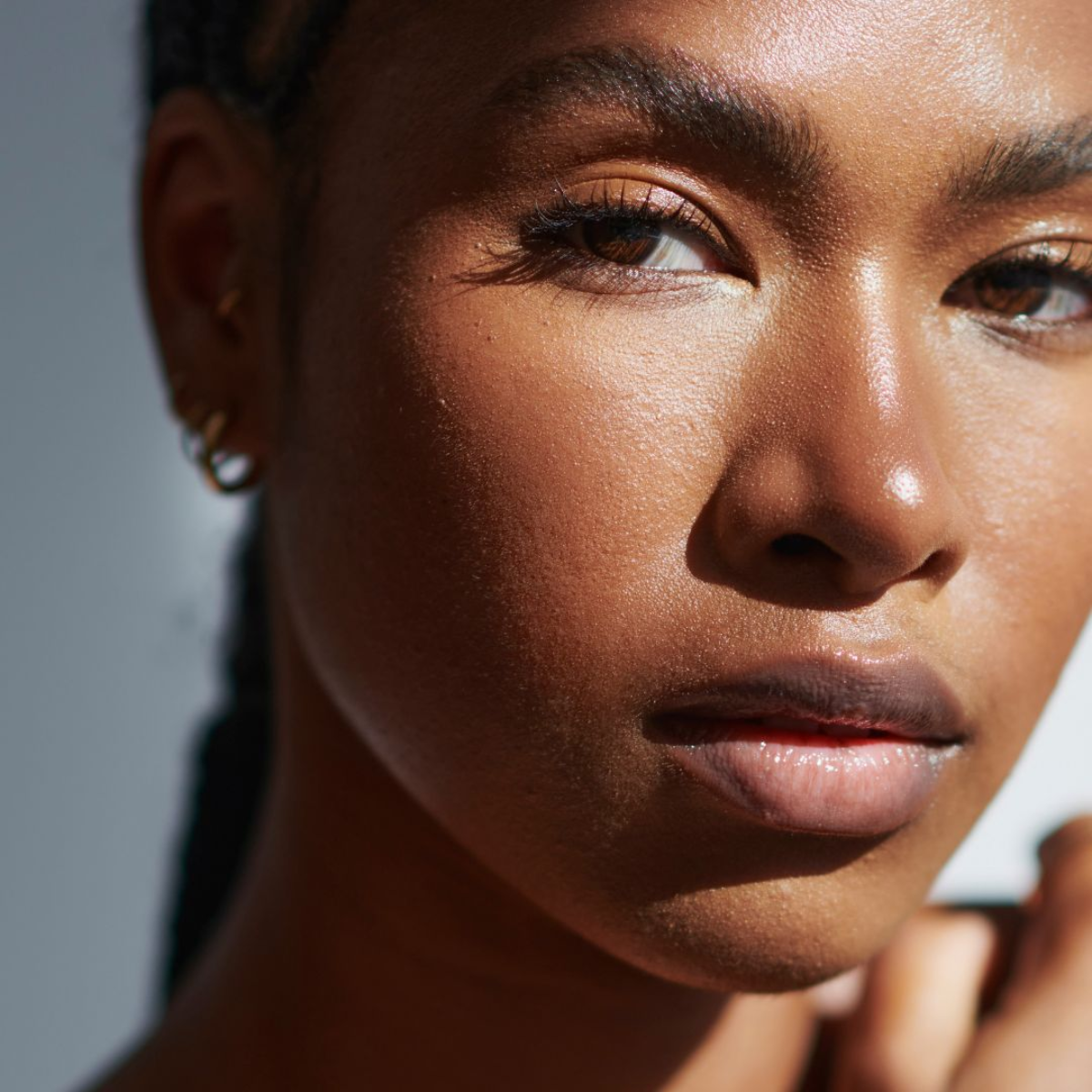 There’s a big difference between sensitive and *sensitised* skin—here are four derms on the key distinctions
There’s a big difference between sensitive and *sensitised* skin—here are four derms on the key distinctionsPlus, ways to approach both
By Denise Primbet
-
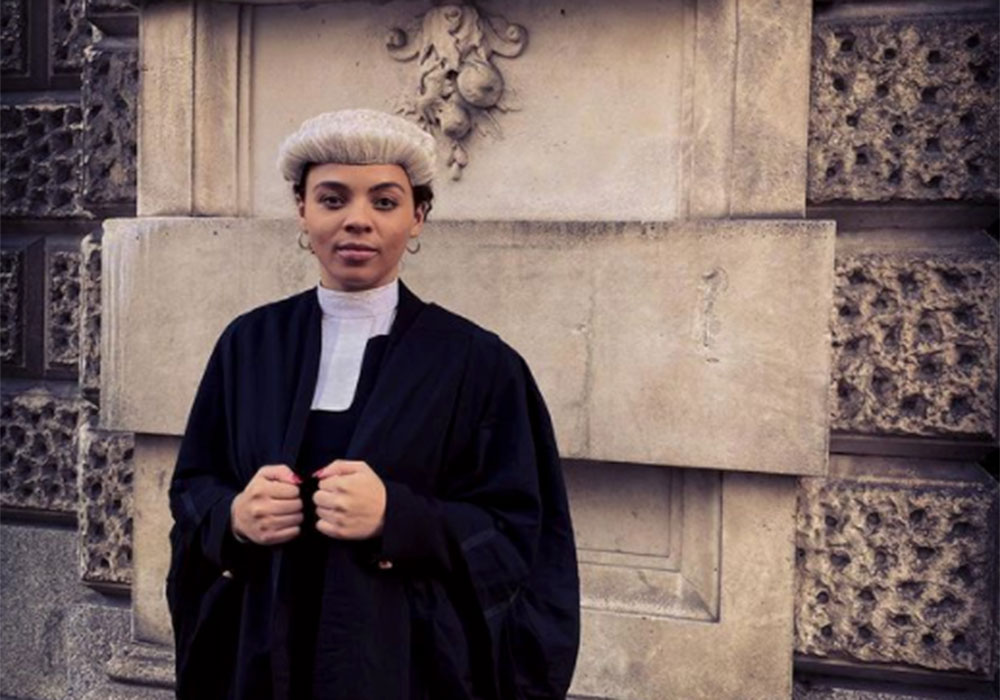 "I'm a Black barrister working in a broken justice system"
"I'm a Black barrister working in a broken justice system"Alexandra Wilson is a 26-year-old barrister speaking out about sexism, racism and class inequality at the very heart of the legal system. She shares her disturbing experiences, and why activism will make a difference.
By Alexandra Wilson
-
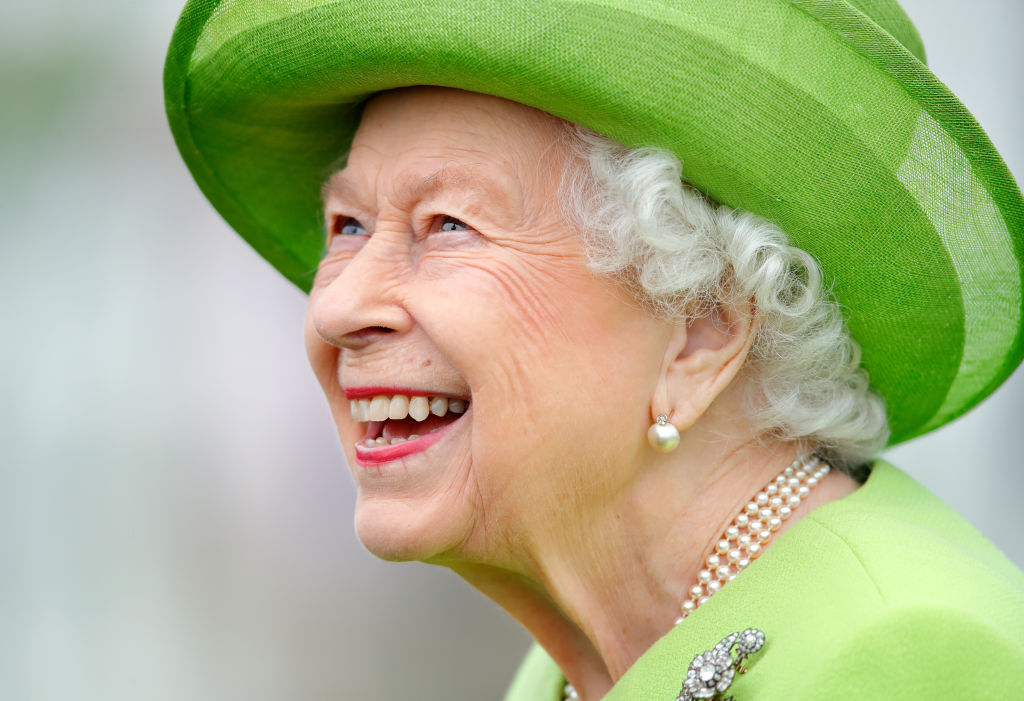 Feeling sad this week? Learn about the 5 steps of grief, plus how to avoid it consuming you
Feeling sad this week? Learn about the 5 steps of grief, plus how to avoid it consuming youAs the nation mourns Her Majesty The Queen.
By Ally Head
-
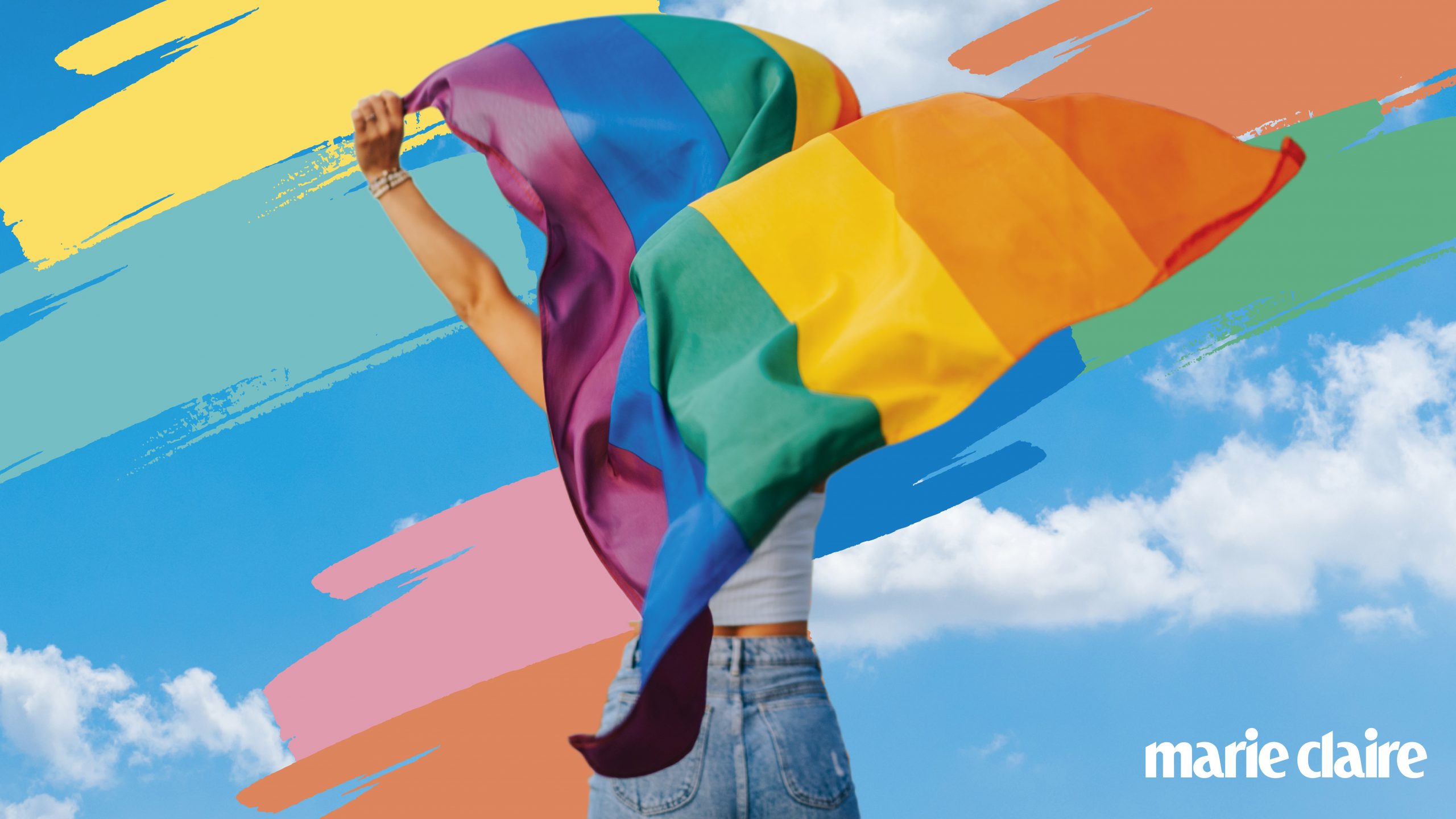 Pride events: 7 IRL and virtual celebrations to add to your calendar for 2021
Pride events: 7 IRL and virtual celebrations to add to your calendar for 2021Ready to celebrate?
By Rosie Grant
-
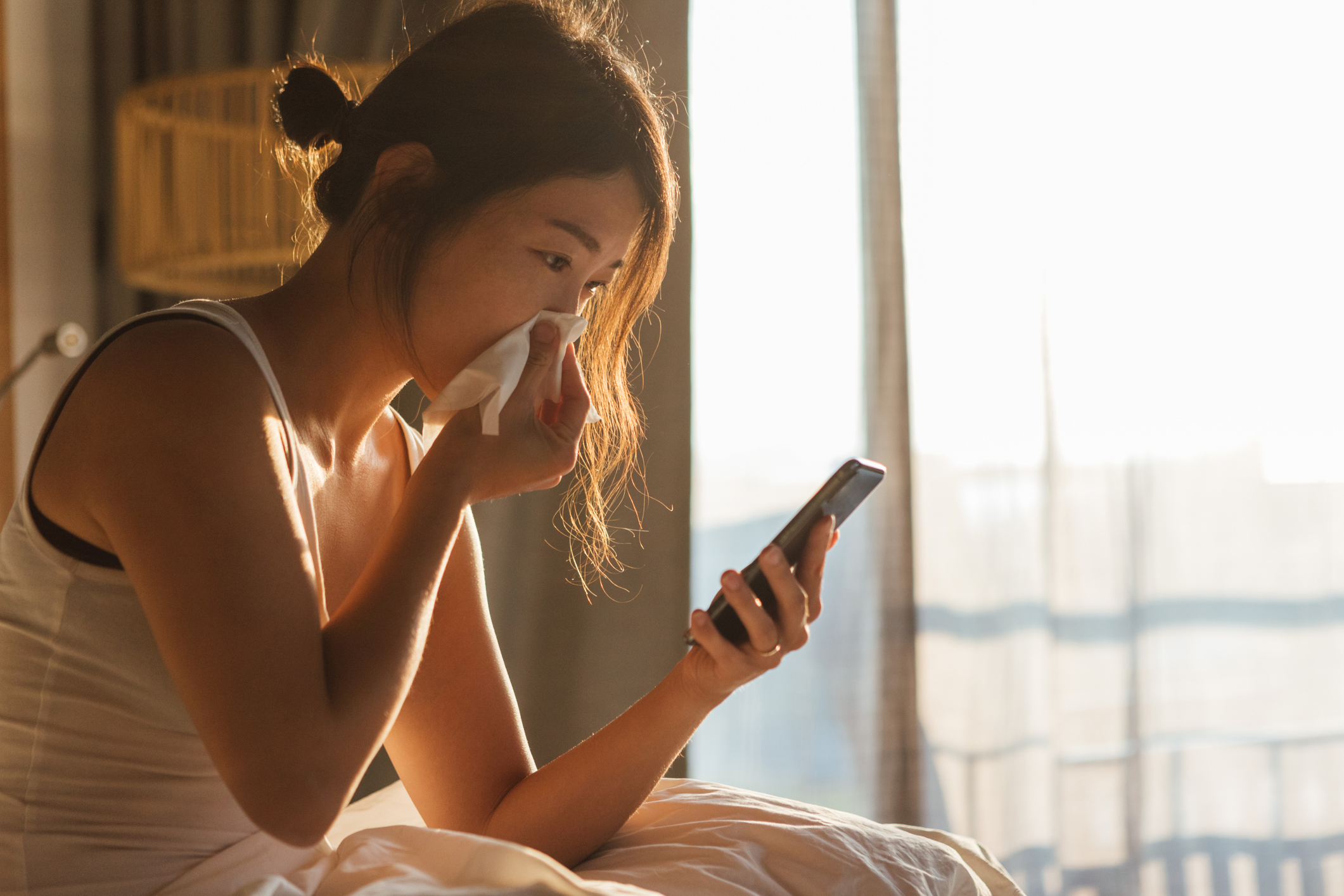 Coronavirus versus cold symptoms: How to know whether you've got COVID 19 or a common cold
Coronavirus versus cold symptoms: How to know whether you've got COVID 19 or a common coldThis is important. Read guidance from the experts now.
By Ally Head
-
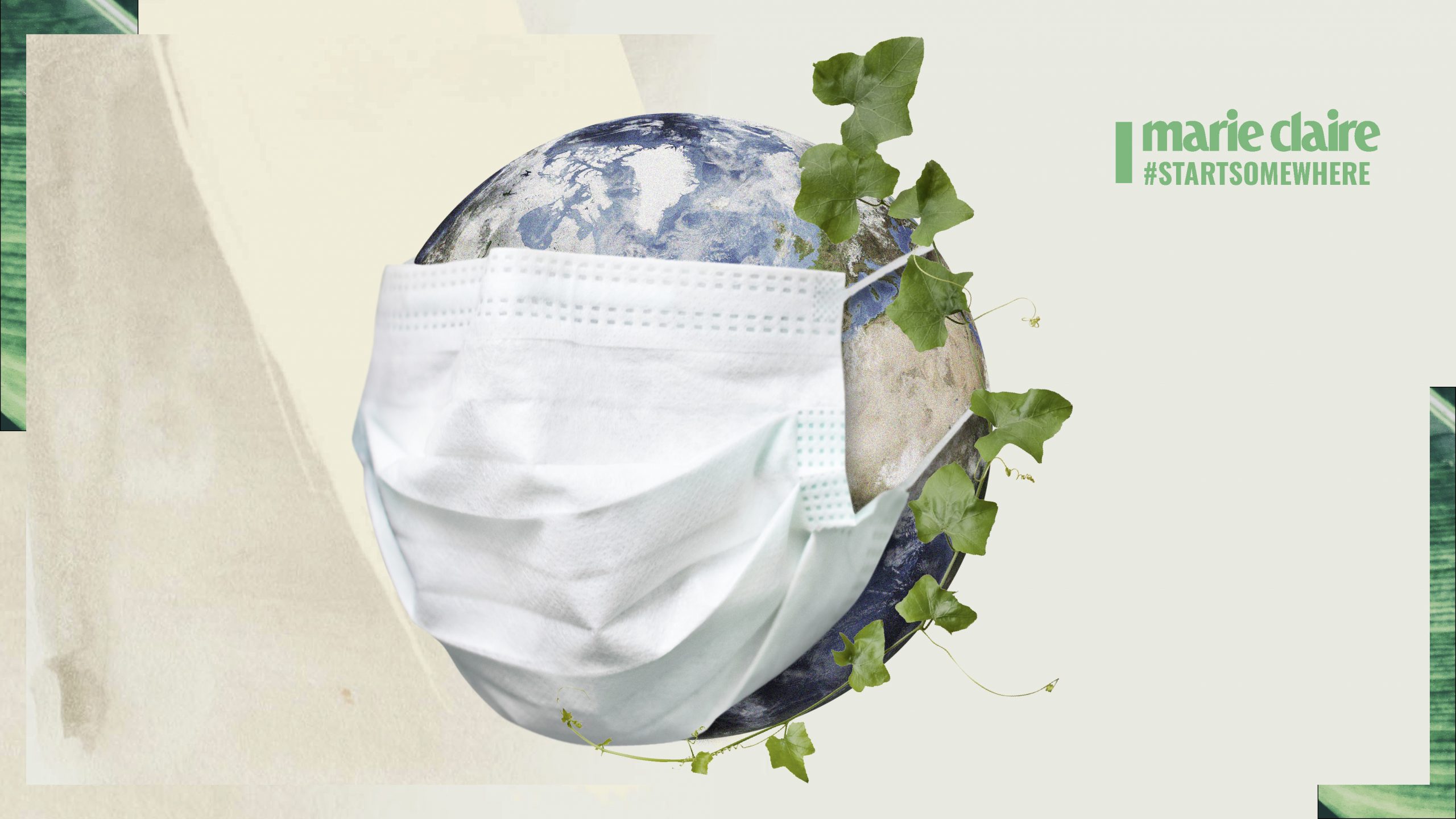 How COVID-19 made us forget our morals on plastic
How COVID-19 made us forget our morals on plasticPre-pandemic, we cared about our habits of plastic use. Lockdown changed all that - but it's not too late to continue the fight
By Olivia Adams
-
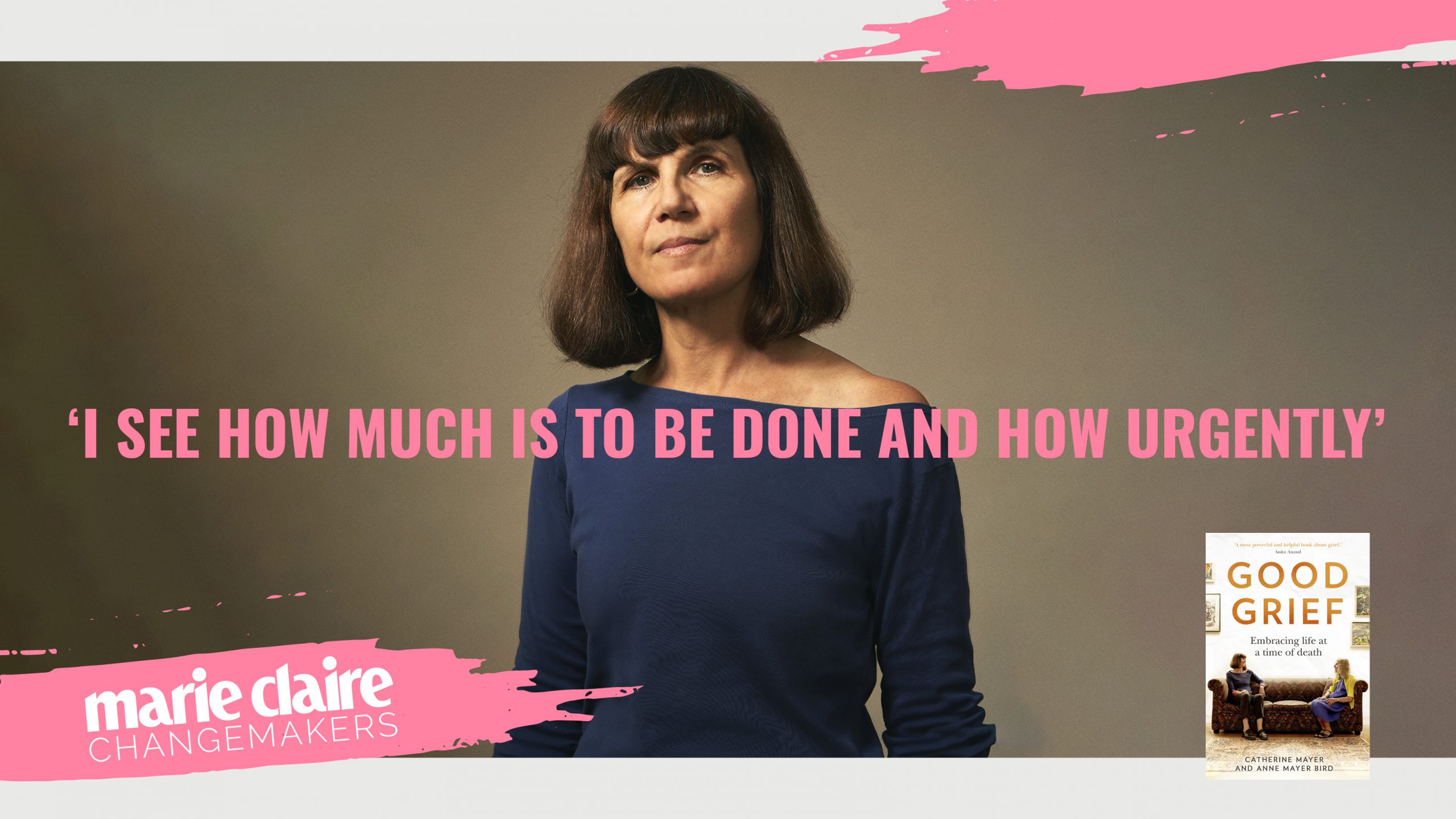 Catherine Mayer on women's rights: 'I see how much is to be done and how urgently'
Catherine Mayer on women's rights: 'I see how much is to be done and how urgently'Co-founder of the Women's Equality Party, Catherine Mayer, was married to influential musician Andy Gill until his death in Feb 2020. This International Women's Day, Mayer shares with affecting honesty how grief adds clarity to her life-affirming activism
By Maria Coole
-
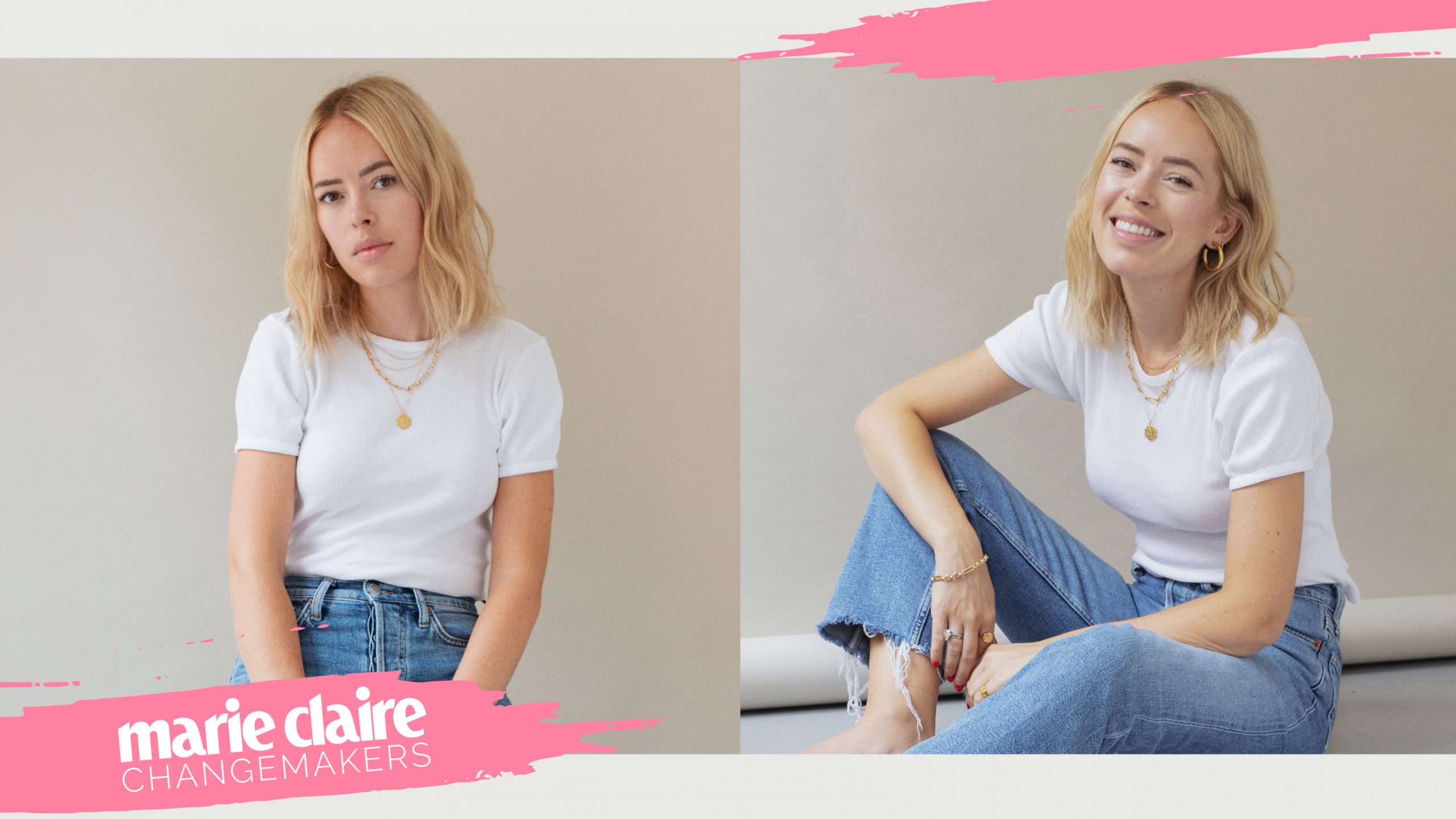 Tanya Burr shares her top 6 resources for educating yourself - and growing - this IWD
Tanya Burr shares her top 6 resources for educating yourself - and growing - this IWDThe theme of this International Women's Day is Choose to Change - let Tanya help you become a change-maker with her top resources.
By Ally Head
-
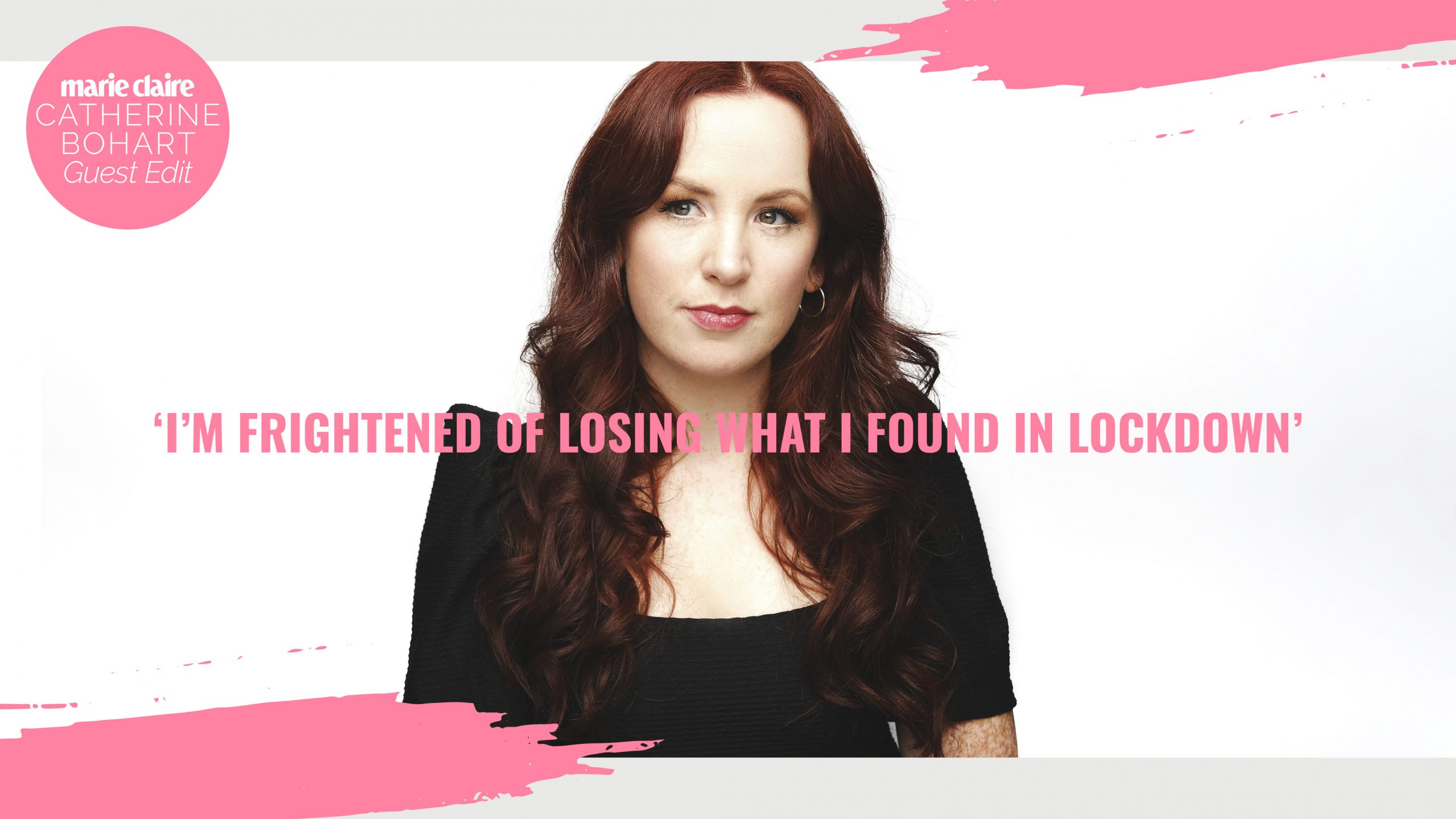 Catherine Bohart: 'I’m frightened of losing what I found in lockdown'
Catherine Bohart: 'I’m frightened of losing what I found in lockdown'Award-winning writer and comedian Catherine Bohart shares what her own lockdown mental health journey helped her discover
By Sophie Goddard